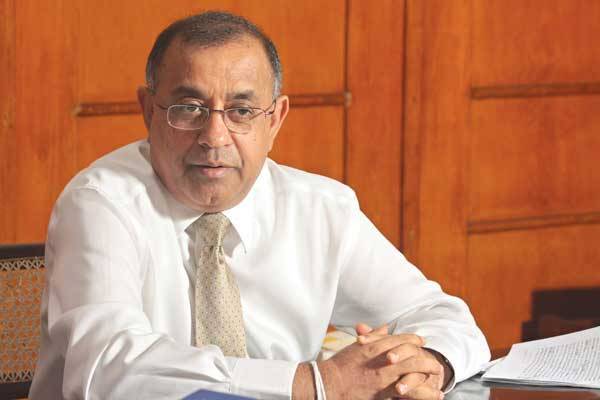Sri Lanka is currently facing severe financial difficulties with public sector employees Salaries have been increased by 107 percent by the previous regime.
Secretary to the President P.B. Jayasundera yesterday said that the Sri Lanka is facing ‘severe financial difficulties’ at present.
However, he said that despite the financial difficulties, “Sri Lanka is the only government in the world that had paid salaries and allowances to over 1.5 million public servants and over 600,000 retirees on time without any deductions.”
Mr. Jayasundera administered the oath by his staff marking the commencement of official duties by public servants in the year 2021.
The entire public service should be sincerely committed to an efficient and effective public service as per the “Saubhagyaye Dekma” policy framework, Secretary to the President said speaking at the event.
“The country is moving towards professional leadership”, he said. Mr. Jayasundera said the President hoped for a public service that would fulfil the aspirations of the people under "New Normal" situation that has evolved following the COVID-19 epidemic.
The government led by President Rajapaksa is committed to protect the public servant. The Secretary to the President emphasized that it is the responsibility of all public servants to commit themselves to render best of their service to the country.
The monthly salary of all public servants will increase by a minimum amount of Rs. 3,000 and a maximum of Rs. 24,000 per month, effective from January 2020, according to a salary structure put in place by the previous Government.
This salary increment will amount to a 107% increase by 2020, compared to the basic salaries that were in place in 2015.
The Government spent Rs. 562 billion on public sector salaries in 2015 and it has increased up to Rs. 750 billion by 2019.
Pension payments, which cost Rs. 157 billion in 2015, have now increased up to Rs. 225 billion.
The increased new salary will be paid in two equal instalments from January 2020 and January 2021.
This is expected to cost State coffers an additional amount of Rs. 120 billion per year.
(LIN)

